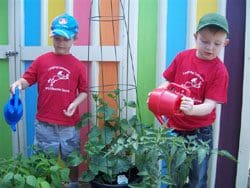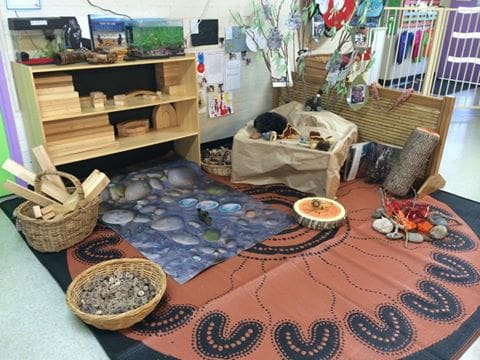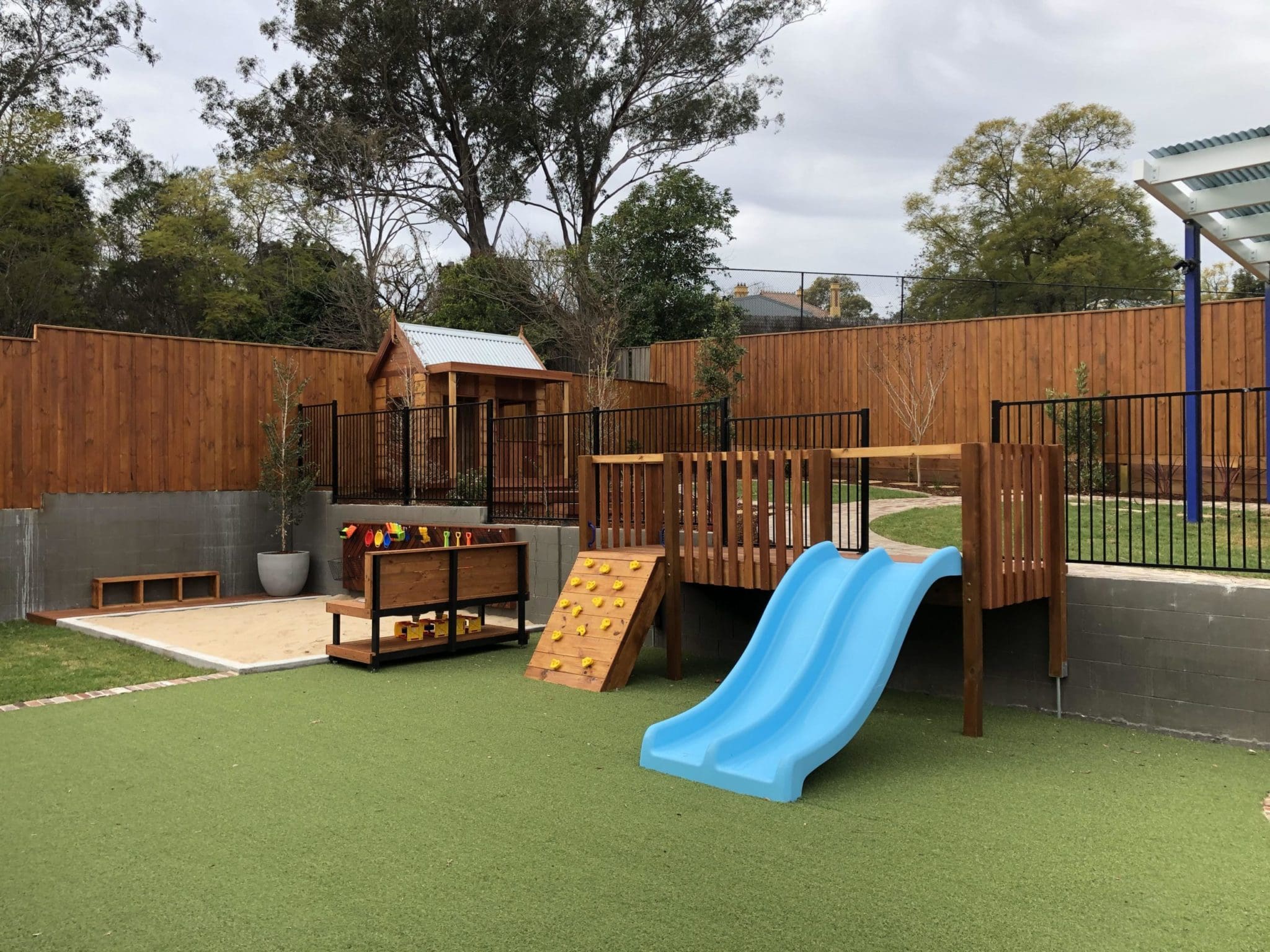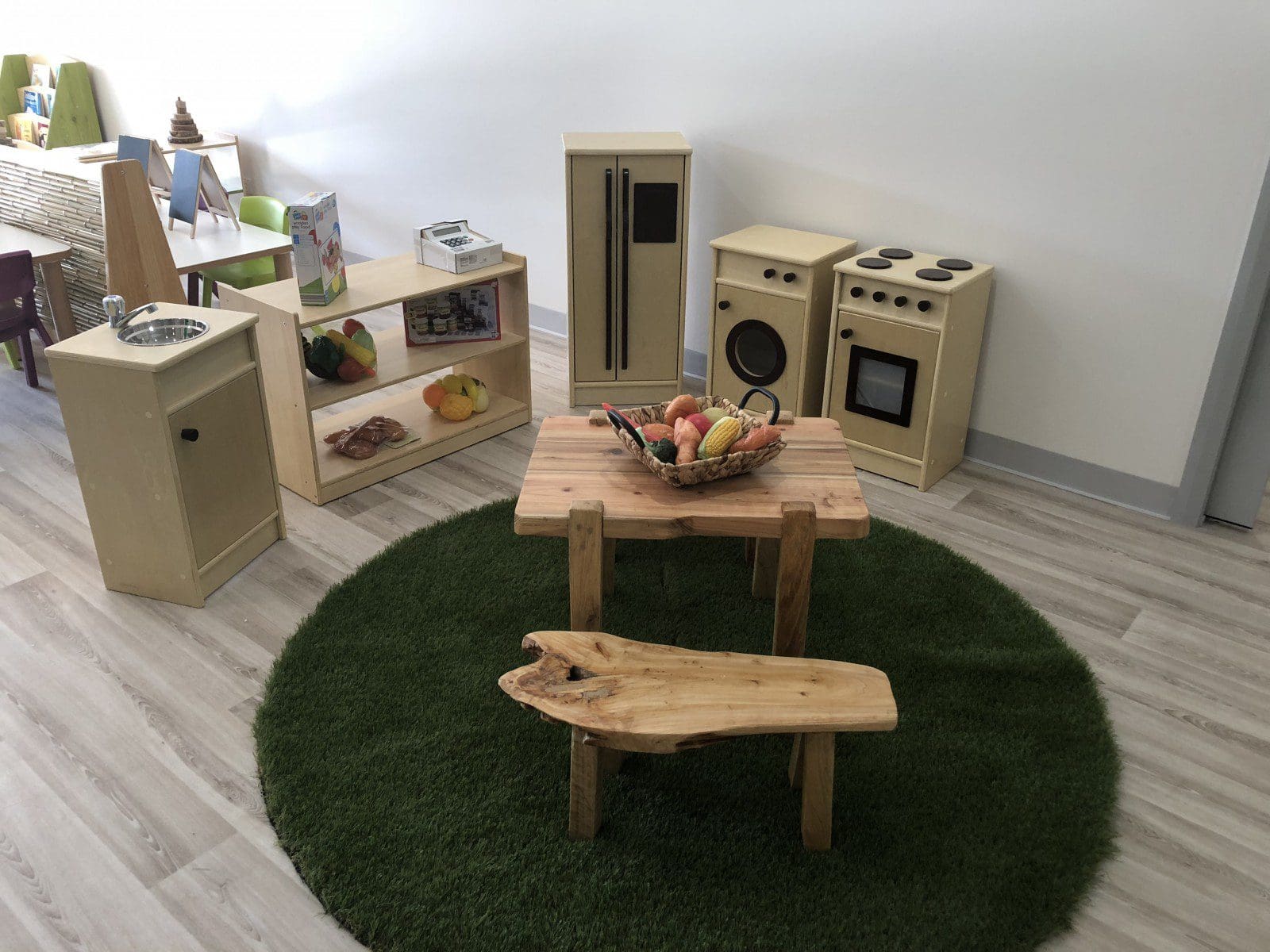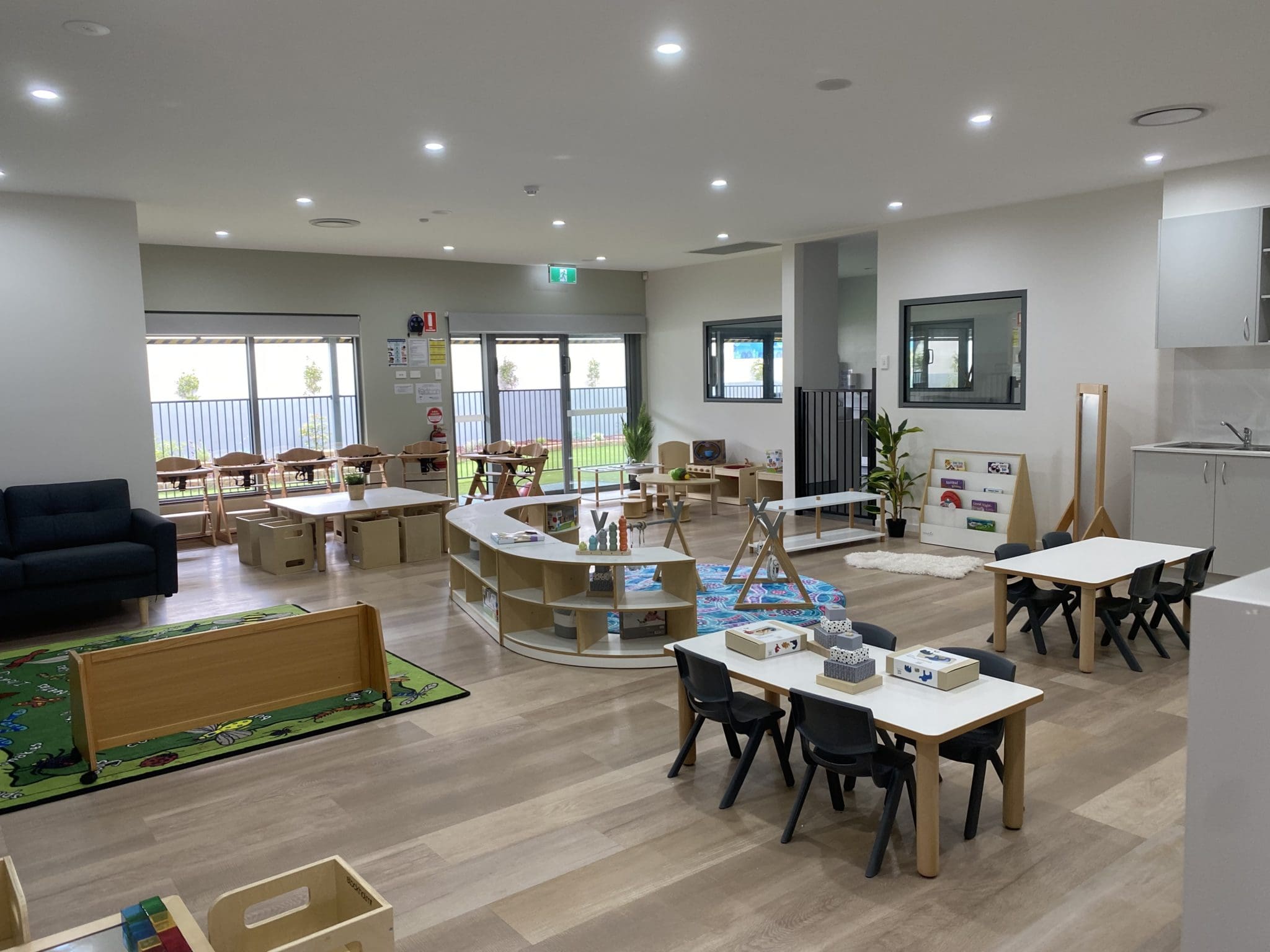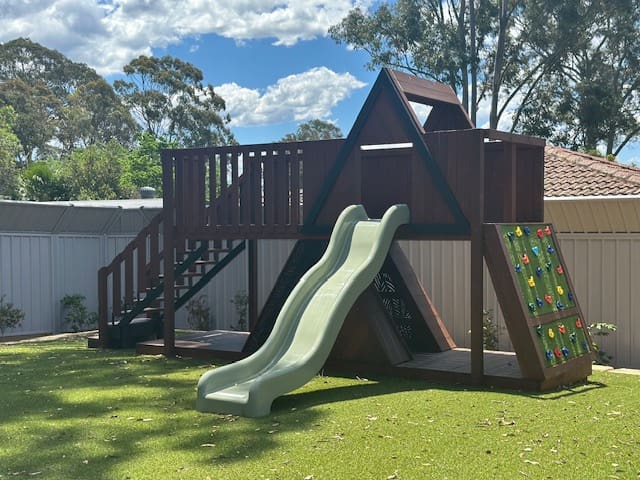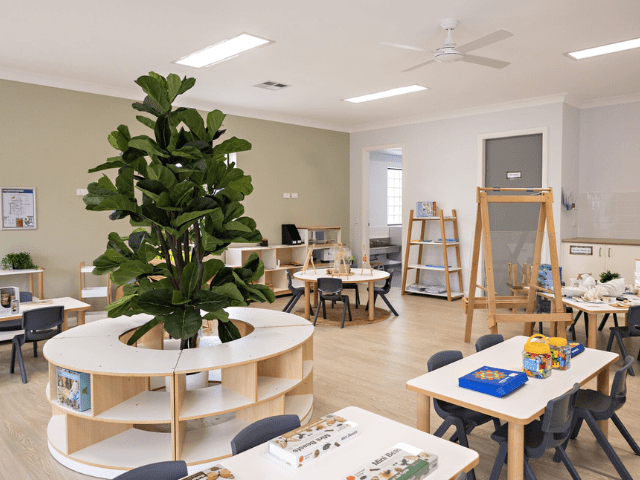Philosophy
Our Leaping Learners Philosophy outlines the fundamental principles to guide our practice and provides a clear summary of our policies, aims, values and beliefs on children’s learning & development, care and education. Our Philosophy is inspired by the Early Years Learning Framework (EYLF) which describes childhood as a time of Belonging, Becoming and Being.
At Leaping Learners we believe that Early Childhood is a significant period of the child’s life during which the greatest brain development and growth occurs and a time when early experiences influence attitudes and dispositions and learning. Childhood is a foundation for all later learning and development.
Our Philosophy embraces a fusion of theoretical elements including the expert educational approaches of Froebel, Reggio Emilia, Vygotsky and Montessori.
Most importantly, early childhood is a time for play, fun, discovery, adventure, imagination and therefore we believe that Learning is most beneficial through play (Froebel) and benefits from a collaborative approach to teaching that follows the children’s interests (Reggio Emilia). We believe that play based learning enables the children to develop a sense of belonging, being and becoming through relationships and social interactions (Vygotsky) which will in turn help them to achieve key learning outcomes. The curriculum should encourage the achievement of the learning outcomes, relationships and encourage a respect for others, nature, sustainability and the environment.
The learning environment also plays a vital role in supporting children’s learning and should be inviting, welcoming and nurturing and provide opportunities to discover, imagine, explore, experiment and interact. Additionally, teaching practices should include a range of techniques such as scaffolding, questioning, demonstration and suggestion to help support each unique opportunity for learning and assist each child to be a successful learner as we recognise the potential, both now and in the future, for each child.
Curriculum development should involve collaboration and co-construction with children, families and communities as relationships help support the development of confidence, independence, trust, security, and acceptance and ability to fit in as a responsible group member (Montessori). Through partnerships we can ensure that we effectively extend on each child’s strengths, interests and previous experiences, therefore providing them with the best possible opportunities for learning.
Ask us about our new Wellness Program and “Reggio Inspired” Camden Centre!
